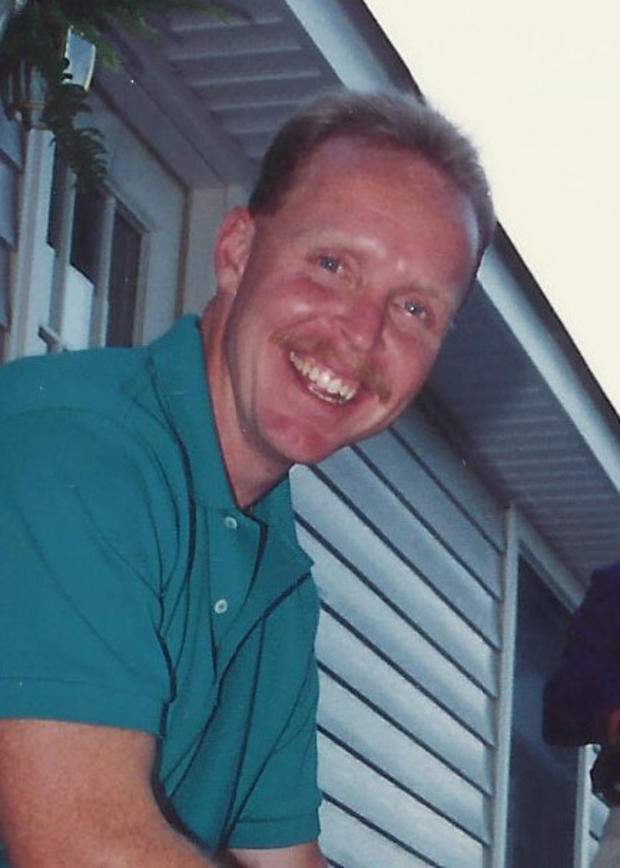Brett Parker murder case: Did a bookie “stand his ground?”
By Matt Goldfarb, "48 Hours" Associate Producer
When can a person “stand their ground,” using deadly force against an attacker when they feel their life could be in danger?
With 33 states that have some version of a “Stand your Ground” self-defense law on the books, that controversial question has come up in high-profile murder cases across the country. In South Carolina, it arose as police questioned Brett Parker in the shooting deaths of his wife Tammy and his business associate Bryan Capnerhurst.
Parker told police he shot Capnerhurst after the man snapped over a debt he was owed, demanding cash and fatally shooting Tammy during the botched robbery. Was Parker merely “standing his ground,” or had he killed both Tammy and Capnerhurst, framing Capnerhurst as the assailant?
Parker and his wife lived a good life in Columbia, South Carolina. Both had good jobs, but they had a secret. Brett Parker had a second career – as a bookie. In fact, his father was a bookie as well.
Within moments, Parker claimed that he heard gunshots and raced up the stairs. Parker said he was met by an angry Bryan Capnerhurst, who was wielding a gun, and saw his wife collapsed.
Parker said Capnerhurst ordered him to open up his safe in an attic area. Once in the attic, Parker said that he was able to access another gun that was hidden in a blanket above the safe. Parker claims that he quickly pulled out the Taurus Judge revolver and unloaded several rounds, killing Capnerhurst in self-defense.
From the beginning, Brett Parker’s attorneys alleged that it was a robbery gone badly and that Parker was simply standing his ground.
During pre-trial motions the heart of the defense’s case relied on South Carolina’s “Protection of Persons and Property Act,” better known as the "Stand your Ground" law. In the Trayvon Martin case in Florida, jurors were instructed to weigh that state's “Stand your Ground” statue as they deliberated the fate of neighborhood watch volunteer George Zimmerman, who was acquitted last year in the shooting death of the unarmed teen.
South Carolina’s “Stand your Ground” law states that deadly force can be employed if “the person is in a place where he has a right to be, including the person’s place of business.” The law recognizes that “a person’s home is his castle,” and also includes an occupied vehicle and a person’s place of business.
For Parker’s lawyers this part of the statute would apply to Brett Parker’s defense because Parker alleged that the violent act or threat against him occurred in his home, in an area of business.
Another provision of the law requires that “the use of deadly force is necessary to prevent death, great bodily injury, or the commission of a violent crime.” Under South Carolina law Brett Parker could be granted immunity for using deadly force against Bryan Capnerhurst so long as his lawyers could prove that Bryan Capnerhurst demanded money from him at gunpoint.
But it was another provision of this law that would ultimately deter Parker’s attorneys from going forward with a "Stand your Ground" defense. It requires that the person "is not engaged in an unlawful activity.” In the case of Brett Parker, he was running what authorities considered an illegal sports betting operation out of his home office.
Ultimately this
third provision led
Parker’s attorneys to forego a “Stand your Ground” hearing and go to trial with
the case, pegging business associate Bryan Capnerhurst as a man at
the end of his rope who wanted upwards of $21,300 that was owed to him from
Parker. A jury
didn’t buy Parker’s self-defense story, however – he was found guilty of murder
in the deaths of Capnerhust and his wife Tammy, and sentenced to life in
prison.
